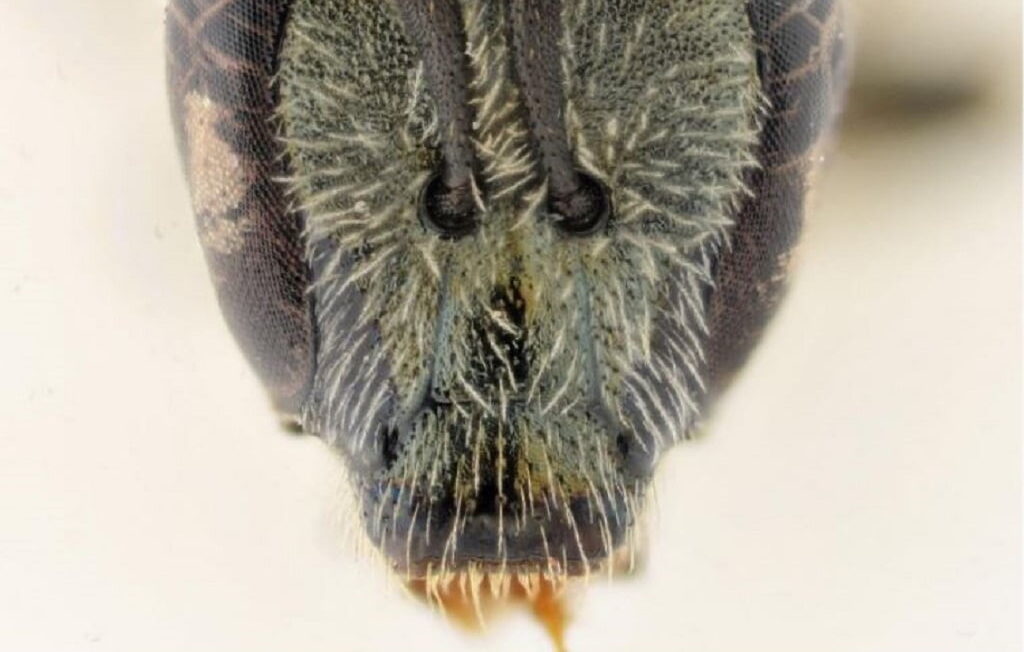Israeli researchers have discovered a new species of bees that are believed to be unique to a threatened sand ecosystem along Israel’s coastal plain.
The discovery was made last year by conservation biologists from the Hebrew University as part of an ongoing study into the effects of restoration and habitat preservation activities in the Nahal Alexander National Park in Israel’s Sharon area and how they affect the local bee population. The area has large-scale Eucalyptus plantings over the past decade lead to dramatic changes in habitat characteristics and local biodiversity.
Researchers led by Professor Yael Mandelik and PhD candidate Karmit Levy from the Department of Entomology in the Faculty of Agriculture, Food and Environment at the Hebrew University of Jerusalem have been studying these effects over the past five years when the discovery was made.
“We observed changes in bee communities and in the availability of their food and nesting resources in the restored habitats,” Levy said in a statement released by the Hebrew University this month. “In general, we can see that restoration efforts have positive effects on bee communities.”
“Beyond just the professional excitement of discovering a new species that was previously unknown to science, this finding has broader applicative value in helping us better understand bee communities, their habitat requirements and the pollination services they may provide,” Professor Mandelik said.
The discovery of the new species was detailed in a study published in late November in the Belgian Journal of Entomology. The species was identified and named by Dr. Alain Pauly, a taxonomist from the Royal Belgian Institute of Natural Sciences in Brussels, who dubbed the bee newcomer Lasioglossum dorchini, to honor Israeli bee researcher Dr. Achik Dorchin of the Steinhardt Museum of Natural History in Tel Aviv.
The news species now joins 1100 known bee species in Israel and Palestinian areas, according to the study.
SEE ALSO: 7 Israeli Bee Tech Firms Protecting Bee Populations And Global Agriculture
Related posts

Resilient And Nutritious New Plant-Based Milk Aims To Make A Splash

Chocolate From Cultivated Cocoa Comes Without Environmental Toll

Plastic Fantastic: Startup Takes PVC Back To Its Crude Oil Roots




Facebook comments